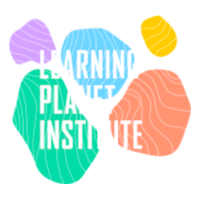
Learning Planet Institute websites
Learning Planet Institute apps
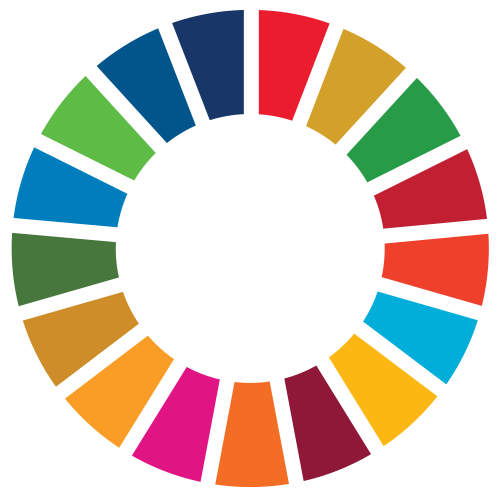
Ready to tackle global challenges, innovate solutions, and make a real impact? Dive into the heart of sustainability and co-create solutions for a better tomorrow with the LPI Planetary Health Summer School.
What is the SDG Summer School?
Launched eight years ago, our Planetary Health Summer School is an immersive, hands-on program empowering students to engage in sustainability issues. Through prototyping solutions to real-world problems, participants gain invaluable experience while contributing to global change. This prestigious program is supported by the Learning Planet Institute and Université Paris Cité, in partnership with the University of Geneva . Over the years, it has become a hub for innovation and collaboration in sustainability education.
Why Join Us?
We believe in equipping students with the tools and knowledge they need to become conscious, creative, and impactful leaders in planetary health. This year’s theme, running from June 30th to July 11th, focuses on the critical intersection of health and the environment—a topic more relevant than ever.
What Makes This Program Unique?
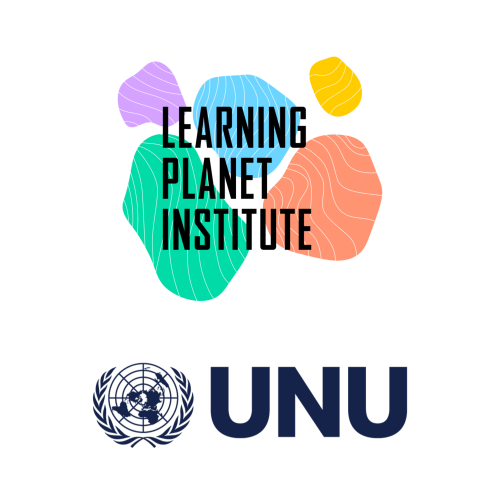
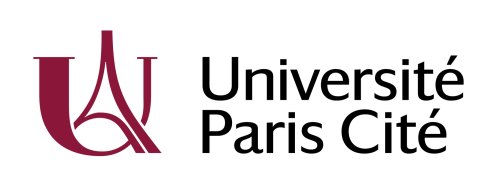

Here are some of last year’s challenges:
Paris Challenges
Geneva Challenges
This year's challenges will co-constructed during hackathons until June 2025
The program of this school will take place mainly during the month of July with some preparation workshops at the end of June. All activities will take place on our campus in the 4th arrondissement of Paris and online for the first workshops in June
During three intense days, participants are invited to discover one-another and test the tools that can be used during the school to answer the challenges presented by the mentors. Participants will discover the advantages of gamification, open-source electronic prototyping tools (arduino, movuino) and other tools of a fab lab. The end of week 1 consists in discovering more specifically the problems related to health and the environment brought by partners and to think of a project which allows to bring a solution to them. Once the project has been validated by the mentors, the participants will strat implementation of these ideas using the tools discovered during the hackathon.
Week 2 consist in using design thinking and rapid prototyping methologies to bring ideas into concrete solutions . The days are punctuated by technical workshops (fablab, code, digital fabrication, robotics, laboratory, etc.) and training in research methodology, business model, reflexivity, documentation, etc... Participants have access to the various resources available on the LPI campus (fablab, student lab, workspaces, etc...). Some sessions will be held jointly with our online partners in the form of courses/workshops, informal exchanges and peer evaluation.
This summer school is based on a few major principles:
Interdisciplinarity: by mixing profiles, the group adopts an interdisciplinary vision, a vision that allows to apprehend the complexity of the stakes related to the SDGs, and that is constituted by a wider continuum of knowledge and experiences, linked to the variety of disciplines that compose the group. Not only can the disciplines be complementary, but also the ways of working associated with each discipline constitute a background that feeds this interdisciplinarity and strengthens the response that the group can propose.
Collective intelligence: stimulating the production of new ideas by a group. The idea is that what the group creates, under certain favorable conditions, will be greater than what the sum of the skills of each individual creates. Collective intelligence comes from a quality of synergy, where people manage to do together what is impossible to do alone. Very often, something new and unexpected emerges.
The project approach: The project approach aims to provide a framework and a way of working (scientific methodology, ikigai, design thinking,...). This approach creates a dynamic between participants who must organize themselves and take advantage of the collective emulation.
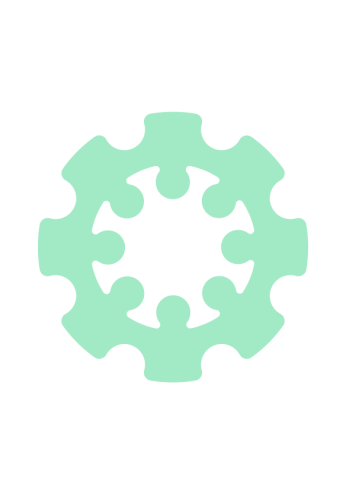
You are a student registered in a higher education institution or in a gap year and you want to take advantage of this time to learn how to use the tools of research and prototyping to provide a solution to the challenges of ecological and social transition? Sign up for the SDG Summer School for an innovative educational and social experience. Fill out the form below to apply. The number of places and the diversity of profiles will condition the number of people selected.
For all your questions: sdgschool@learningplanetinstitute.org